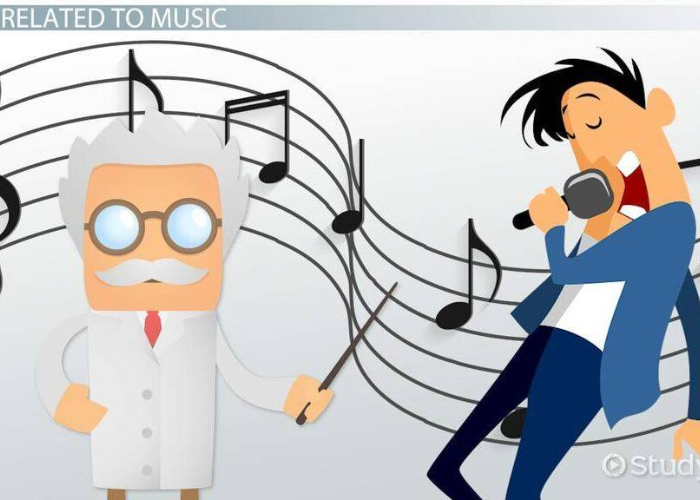In the last decade, the music industry has undergone a major transformation. The rise of streaming services, digital music platforms, and automation have dramatically changed how music is produced, distributed, and consumed. These changes have had a profound effect on the music industry, allowing for greater creativity, increased reach, and more profit potential for artists. In this blog, we will explore the growing impact of digital music platforms, how artists are embracing the adaptive music industry, the use of AI and automation in music production, virtual reality, and augmented reality in music, and the advantages and disadvantages of technology disruption in the music industry.
The Growing Impact of Digital Music Platforms
Digital music platforms such as Spotify, Apple Music, and Pandora are becoming increasingly popular, and have had a huge impact on the way music is consumed. These platforms make it easier than ever for people to access music and have had a major impact on the way the industry operates. Artists are now able to reach wider audiences than ever before, and the platforms have allowed them to create new revenue streams from their music. Digital music platforms have also opened up new opportunities for collaboration and experimentation, allowing artists to easily collaborate with one another.
Artists Embracing the Adaptative Music Industry
As the music industry has shifted to digital platforms, many artists have embraced the changes and found ways to make the most of the new opportunities. Artists are now able to more easily share their music with the world, and can often do so without a record label. They are also using digital platforms to engage with their fans and build relationships with them. Artists are also leveraging technology to create new forms of music, such as remixes and mashups, and to experiment with different sounds.
AI and Automation in Music Production
Artificial intelligence and automation are making it easier than ever for artists to create music. AI-powered tools are allowing artists to generate unique sounds and effects, and to quickly refine and mix their music. Automation is also making it easier for producers to create complex patterns and to automate tedious tasks. This is allowing producers to spend more time on creative endeavors, rather than on mundane tasks.
VR & AR in Music
Virtual reality and augmented reality are allowing artists to create immersive and interactive music experiences. With VR, artists can create a unique and interactive world for their music, while AR can be used to add layers and effects to performance. These technologies are allowing for more creative and engaging music experiences, and are being used by artists to create unique and memorable performances.
Advantages & Disadvantages of Technology Disruption
Technology disruption in the music industry has had both positive and negative impacts. On the one hand, it has increased access to music and has allowed for more collaboration, experimentation, and creativity. On the other hand, it has caused a decrease in revenue for artists, as streaming services often pay lower royalties than physical media. Additionally, technology has caused a decrease in jobs in the industry, as many of the jobs that were traditionally done by humans are now being done by machines.
Conclusion
Technology disruption in the music industry has had a profound effect on the way music is produced, distributed, and consumed. Digital music platforms have opened up new opportunities for artists, while AI and automation are making it easier for them to create and refine their music. Additionally, VR and AR are allowing artists to create more immersive and interactive music experiences. While there have been both advantages and disadvantages to technology disruption in the music industry, it is clear that technology has had a major impact on the industry, and has allowed for more creativity, collaboration, and profit potential for artists.




